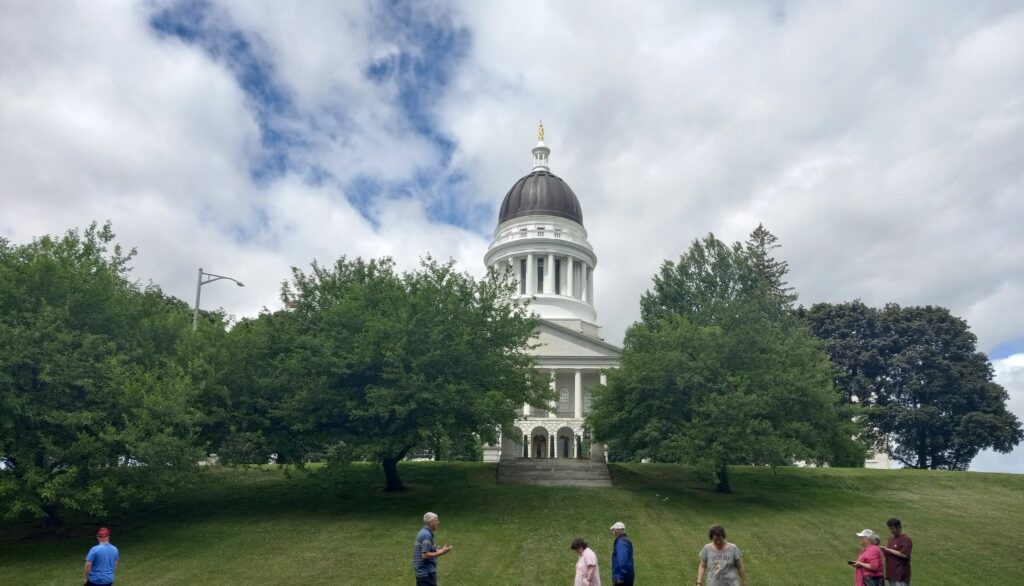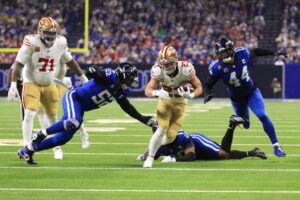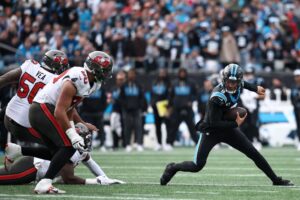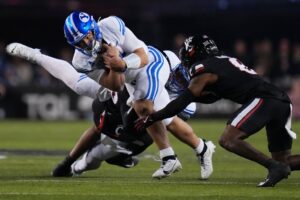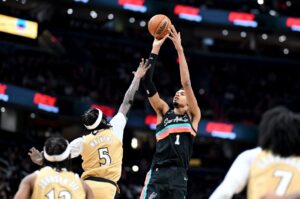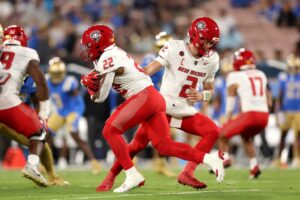Maine Governor Janet Mills has decided to wait until the legislature returns in January to decide on several bills, including LD 1164, an online casino gambling bill that would give exclusive rights to the four Native American tribes operating in the Pine Tree State.
Waiting and Listening
Maine’s legislature passed LD 1164 in June, but by the time it reached the governor’s desk for her signature, the legislature had adjourned. Therefore, by Governor Mills not signing the bill, it was not a pocket veto, as the legislature is reconvening in January, but she will have three days upon their return to either veto the bill, sign it, or do nothing, which would act as a pocket veto that the legislature could overturn.
“The Legislature passed a significant number of bills at the end of the session, and the Governor takes seriously her constitutional obligation to thoroughly review all of them and to evaluate their implications on Maine people, Maine businesses, and the Maine economy.
“In order to meet that responsibility, she will continue to review these bills and gather more information, and she looks forward to acting on them at the beginning of the next legislative session,” the statement read.
Opposition to Online Casino Gambling
Previously, Governor Mills expressed that she sided with her colleagues at the Department of Health and Human Services, the Maine Gambling Control Unit, the Gambling Control Board, and the land-based casino operators themselves, who have all decried online casino gambling.
“Oxford Casino has delivered on its promise to Maine — creating jobs, paying taxes, and supporting local businesses,” Matt Gallagher, the casino’s general manager, testified during the public hearing. “LD 1164 undermines this success.”
Tribal Success
We have seen tribal casinos crop up throughout the United States, but the Maine Indian Claims Settlement Act of 1980 expressly prohibits Native American tribes from building casinos; only bingo parlors are allowed.
This has greatly hindered Maine’s tribes, but it does account for why they were granted exclusivity over mobile sports betting when the industry launched in 2023. It is also why many legislative members are supporting them to do the same when it comes to launching an iGaming industry.
The Passamaquoddy Tribe, the Penobscot Nation, the Houlton Band of Maliseet Indians, and the Mi’kmaq Nation are all part of Maine’s Wabanaki Nations. Should online casino gambling be passed, then they would team with third-party platform providers as they have in the mobile sports betting realm. Three of the tribes partnered with DraftKings, while one aligned with Caesars.
The Wabanaki Nations and iGaming Plans
Passamaquoddy Tribal Rep. Aaron Dana said in an interview recently, “If we allow that type of gaming and regulate that gaming here in the state of Maine, then we have the ability to have geo-fencing and firewalls so the illegal online gaming is not happening anymore and the state is actually gaining revenue from it.”
“The proposal to authorize iGaming for Maine’s tribes is more than a revenue conversation,” Brian Reynolds, the new Tribal Representative for the Houlton Band of Maliseet Indians, said during debate on the House floor. “It’s about laying a foundation for self-reliance through modern tools. This is a chance for us to meet economic needs without waiting on federal grants or new appropriations. It allows us to stand on our own.”

